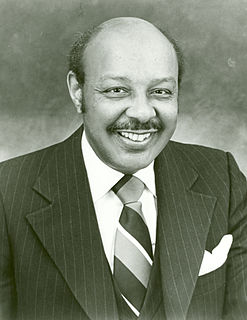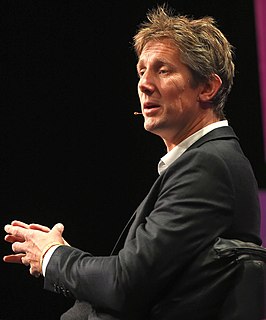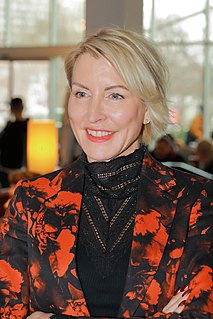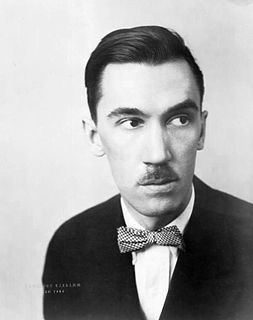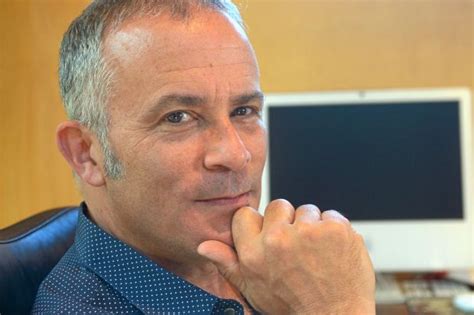A Quote by Nat Hentoff
They [FBI] had a lot of clippings, a lot of articles I'd written. And to me the - the funniest one was - I had done a piece for Playboy about J. Edgar Hoover.
Related Quotes
I just kind of had my own impressions growing up with Hoover as a heroic figure in the 40s - actually the 30s, 40s, and 50s and beyond - but this was all prior to the information age so we didn't know about Hoover except what was usually in the papers, and this was fun, because this was a chance to go into it [ during filming 'J. Edgar Hoover' ]
By every measure, John Kennedy's sex life was compulsive and reckless. At one level, it had clear public consequences. Knowledge of Kennedy's behavior gave FBI Director J. Edgar Hoover absolute job security, as well as the potential power to derail Kennedy's re-election had he survived assassination.






